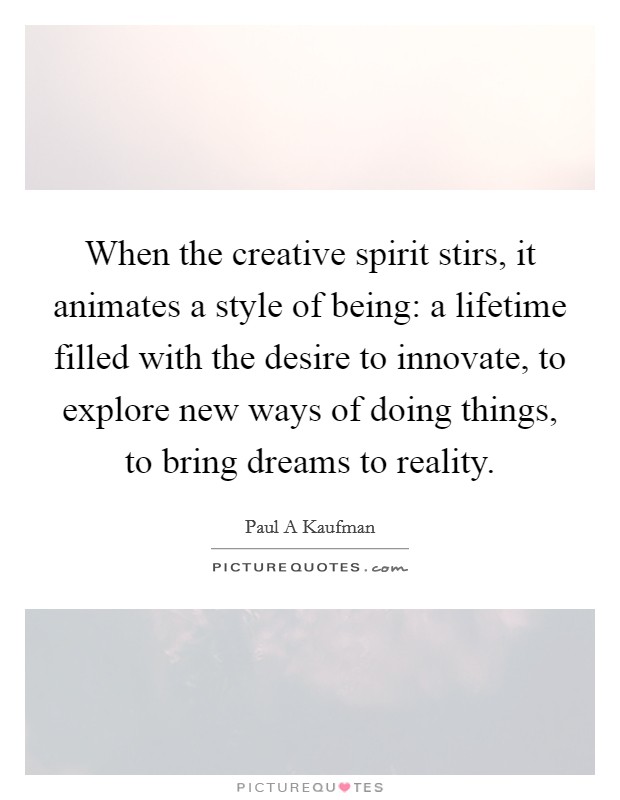
What should be undeniable is that when all of our more superficial identity characterisations are stripped back, there is a core to our human existence that endows each person with a natural worth, dignity and right to flourishing of their unique personhood. While the precise source of this sovereign value might be grounded differently depending on the observer’s ontological positioning, it is no doubt present to be an orienting consideration for how human beings should perceive and relate to one another. Elevating this recognition to the status of knowing, what fails to reach this moral standard of ‘capital T’ Truth are the limited and limiting beliefs that we hold about other individuals and groups of people, which can’t help but be generalised, reductionistic, and serving of our egocentric prejudices. While it may have escaped your attention, my use of the word ‘hold’ in the preceding sentence, presents an accurate description of how these beliefs are not of their nature primary or emergent from the deepest recesses of our being, but are instead received from external sources to construct and perpetuate a culture that is integrative of those beliefs.
Currently existing in a culture that is preoccupied with power structures and the want to dismantle them, we see the binary oppressor/oppressed narrative being simplistically applied to this conflict by those whose ideological biases have them identify with one set of victims at the expense of others and their suffering. Days after the initial attack and since Israel has launched its counter-offensive, I have been shocked to see so much of the blatantly opportunistic and self-serving support of Palestine by those who yearn to publicly appear virtuous by siding with the ‘oppressed’ in the conflict, despite Hamas having clearly provoked the attack, and the historical evidence (see the Holocaust) of the Jewish people being one of the most persecuted minorities to ever walk the planet. Such a schism in perceiving these events leads to both absurdities in rationalising actions and a callous disregard for the innocent civilians who have been directly affected by the fighting.
One of the first casualties of being too ideologically consumed is being able to demonstrate empathy for members of an ‘out-group’. For those who believe they must choose a side in a conflict such as this, they will be unwilling to feel for the other, lest it serves to detract from the sense of righteousness that validates their support for the actions that have wrought the other harm. One of the positives that come from being a centrist is the ability to keep the space open from which this empathy can be felt. Even in making the observations from the previous paragraph, I can find a level of appreciation for what might lead people to protest so vehemently in the streets for one side over the other, even if I don’t support their position. At the root of a lot of this re-activism is trauma of some kind, or the feeling of belonging to a group where ostracism or victimisation have been experienced. I think this explains some of the solidarity demonstrated by segments of the LGBTIQA+ community towards the Palestinian cause, despite the clearly negative view that Islamic doctrine has towards those who identify as members of that community, and how they would be treated if they lived in Gaza themselves.
There is no doubt also that many members of the current generation of Palestinians have been directly impacted by previous iterations of the conflict which has produced deep-seated resentments and even a blinding hate for the Jewish state and its people. Feeding the kinds of extremism that have led to a group like Hamas coming to power, that viciously negative sentiment seems to be never far from consciousness as each new version of the conflict rips open old wounds that have never been healed. Neither would Hamas ever allow those grievances to be forgotten or forgiven, for were they to do so, the very basis of their authority and legitimacy would be undermined in the eyes of the Palestinian people. With such distorting influences and incentives at play, the barriers to finding a way back to centre, and the peace it enables, are made all the more difficult to deconstruct. The progress that the human heart seeks to affect will always be opposed by a polarised ideology that isn’t served by a reorientation of its adherents towards reconciliation and the furtherance of the common good. Just as common sense is not all that common when we are ideologically compromised, so is the common good not all that desired when we occupy that ego-based positioning.

